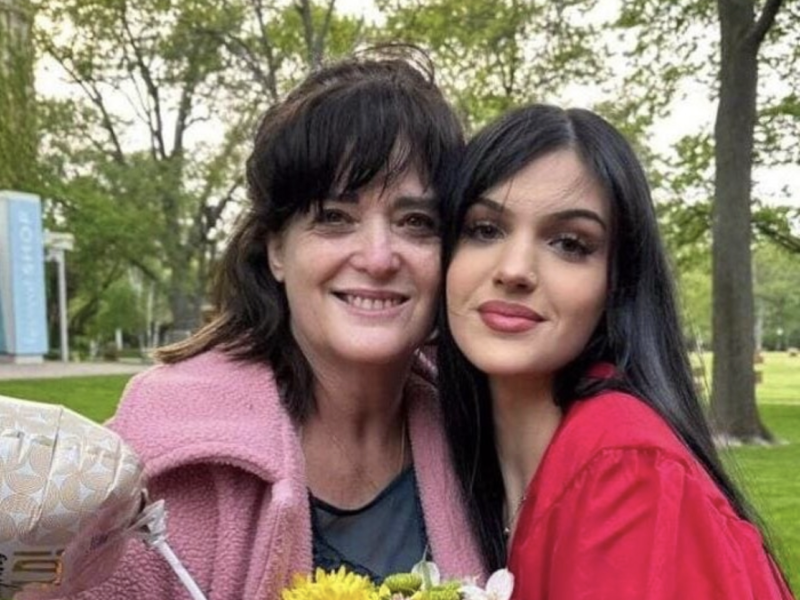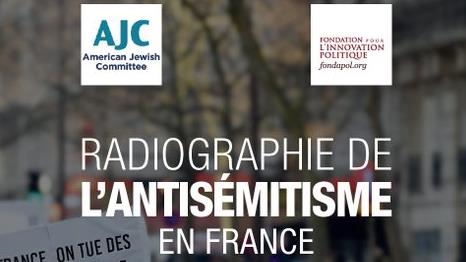Jewish weddings have always been a community priority.
The patriarch Abraham went to great lengths to arrange the marriage of his son, Isaac, to Rebekah. And the great medieval sage Maimonides included marriage in his listing of the 613 commandments incumbent upon Jews.
Closer to home, no sooner had the first Jewish young men arrived in the Oregon Territory than a widow came to Portland in 1854 to open a boardinghouse for bachelors – and encourage them to find Jewish wives.
“We understand that she came because she wanted to keep an eye on the young men,” says Judith Margles, director of the Oregon Jewish Museum. “There was an awareness that the young men would want to start families once they became established.”
Caroline Weinshank, the widow, was herself among the first Jewish marriages in Oregon – she married Elias Stille of Independence on Sept. 19, 1858. Although the wedding of Marjana Bettman and Simon Baum, also held on Sept. 19, 1858, is often counted as the first Jewish wedding in Oregon, Eliezer Froehlich, a professional genealogist in Corvallis, found evidence of others in Multnomah County’s earliest handwritten marriage records.
“The first recorded Oregon Jewish marriage was of Peter Funkinstine (or Funkenstein) to Sarah L. Levy on July 25, 1858,” he says. “They were married by William Beck, a Justice of the Peace, with L. Walters and Leopold Mayer as witnesses.” Mayer was the first president of Congregation Beth Israel, which was formally organized on June 13, 1858.
A few months later, according to Froehlich’s research in county records, the Stilles and the Baums were both married by the Rev. Samuel M. Laski, who by then had been appointed “minister of the Synagogue Beth Israel in Portland.” Witnesses included Mayer, the Beth Israel president, and Jacob Mayer, another charter member of the congregation. The Funkensteins and the Stilles soon moved on from Oregon, but the Baums stayed, and both the Bettman and Baum families were active in Portland’s Jewish community. In fact, Froehlich lists the marriage of Marjana Bettman’s sister, to Sigmund Rosenblatt in 1859, as the fourth Jewish wedding in Oregon.
No doubt these first weddings were comparatively simple celebrations – the Bettman-Baum invitation notes that the “wedding party” will be in the home of “L. Baum,” and other early weddings were often held in homes.
Some later weddings were held in local halls – Gevurtz Hall on Southwest Front and Gibbs Street in Portland was a popular spot, as well as synagogues and their social halls. One of the grandest weddings of its time was the marriage of Rabbi Jonah Wise of Congregation Beth Israel and Helen Rosenfeld, “a Portland girl,” on June 23, 1909.
Wise, the son of Rabbi Isaac Mayer Wise, the “father” of American Reform Judaism, came to Portland in 1906 as the first American-born rabbi to lead Beth Israel. Just 25 years old, he was described by friends as dynamic, a witty conversationalist and a good companion. He courted Helen Rosenfeld for two years, and their wedding was – according to The Oregonian – the first ever celebrated in the second Temple Beth Israel, an ornate “semi-Gothic and Mooresque” structure completed in 1890 at a cost of $70,000.
The building, which could seat 750, was “taxed to its capacity” for the nuptials, The Oregonian reported. The new Mrs. Wise, an accomplished pianist, equestrienne and athlete, had attended the old Portland Academy and the Benjamin Deane School, a finishing school in New York. The couple had three children, but left Portland in 1925 after Rabbi Wise took the pulpit of the Central Synagogue in New York.
Although they weren’t married in Portland, Susie and the late Ted Gerson had their own remarkable wedding story – and Susie Gerson still has the glass-plate negatives documenting it.
The Gersons, both Holocaust refugees who had found their way to Shanghai, China, during World War II, were “fixed up” by a mutual acquaintance, though Susie Segalowicz at first wasn’t sure she wanted to go out with the dashing older man from Hamburg, Germany.
Susie – by then long since on her own in Berlin after her parents and brother were taken by the Nazis – made her way through Italy to Shanghai, where her uncle and aunt had taken refuge and finally were able to send for her. She was 17 when she arrived, and found work among Shanghai’s estimated 20,000 Jewish refugees.
Ted Gerson fled Germany with his brother after a co-worker warned him that the Gestapo was planning to arrest him. By 1938 the brothers made their way to Shanghai, an “open city” that didn’t require visas or passports for entry. Susie and Ted met in 1942 and married on Nov. 17, 1944. They came to Portland three years later, after the war’s end. Ted died in 1995.
“The temple was overflowing,” Susie recalls. “It wasn’t like you were invited to the wedding – people just came. Everyone wanted to see what we looked like.”
In photos of the wedding day, Susie is wearing an elegant floor-length gown and carrying a large bouquet. Her husband-to-be sits next to her – and both are being transported through Shanghai by a rickshaw driver.
Gasoline was scarce during the war, Susie explains. And even though her groom had ordered a taxi well in advance, when it didn’t show up, he decided they should just take the rickshaw to the temple.
That evening, after a dinner in a local restaurant, they began married life in the crowded 8×10-foot utility room at her aunt and uncle’s home. “We had a reception with brandy and cake, and maybe 35 people,” she says. “That was our wedding party. But everything was OK.”
Whether a simple ceremony in a home or garden, an elaborate simcha in a wedding hall, hotel or synagogue, Jewish weddings celebrate the establishment of a Jewish home and a family – and strengthen the bonds of community. The Talmud says, “A man’s home is his wife,” and the Zohar, a book of mystical teachings, notes that “God creates new worlds constantly. In what way? By causing marriages to take place.”
On the Western frontier, whether 150 years ago or today, Jewish couples create new homes and new worlds through sacred unions, with joy and with blessing.
Sura Rubenstein is a freelance writer in Portland.





